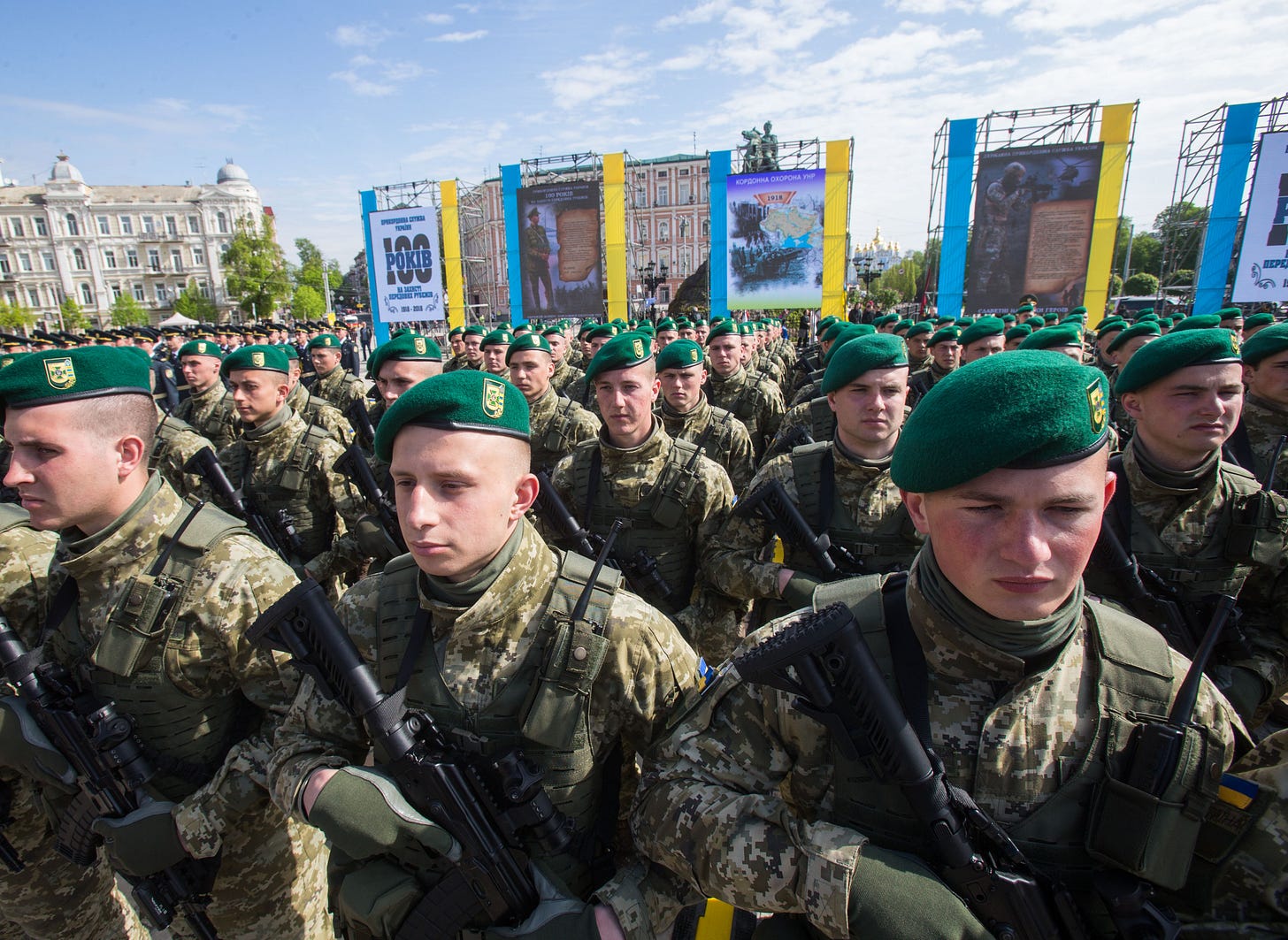Why the West Failed on Ukraine
How Can We Learn From Our Past Mistakes?
The celebration of 100 years of Ukrainian Border Guards foundation, Kyiv, April 27, 2018. Photographer: Markiv Mykhailo. Source: President.gov.ua
No one knows today whether Putin’s regime will again step up its attack on Ukraine and continue its invasion in other parts of the Donbass, or even beyond. This will not be the subject of this paper. But it was…


